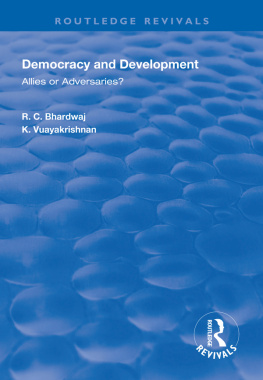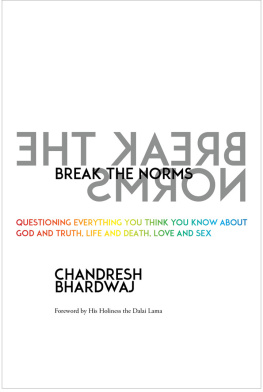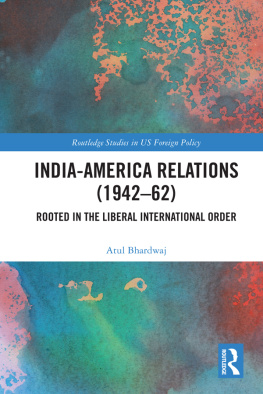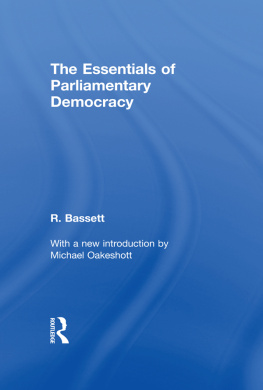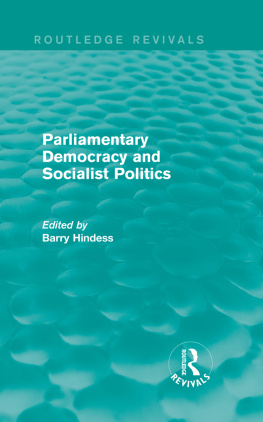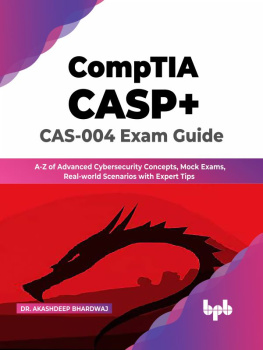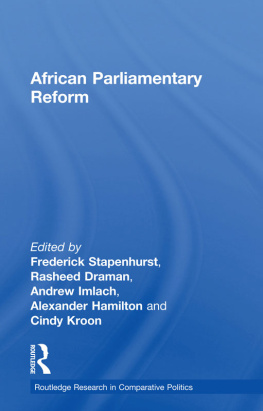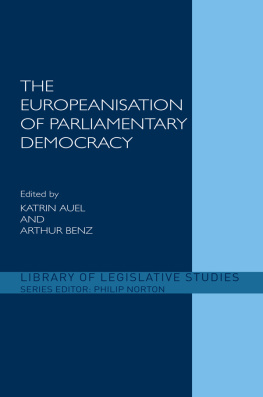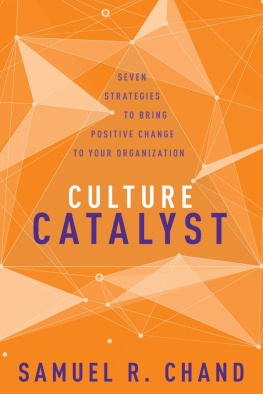Democracy and Development
First published 1998 by Ashgate Publishing
Reissued 2018 by Routledge
2 Park Square, Milton Park, Abingdon, Oxon, OX14 4RN
711 Third Avenue, New York, NYI 0017, USA
Routledge is an imprint of the Taylor & Francis Group, an informa business
Copyright R. C. Bhardwaj and K. Vijayakrishnan 1998
All rights reserved. No part of this book may be reprinted or reproduced or utilised in any form or by any electronic, mechanical, or other means, now known or hereafter invented, including photocopying and recording, or in any information storage or retrieval system, without permission in writing from the publishers.
Notice:
Product or corporate names may be trademarks or registered trademarks, and are used only for identification and explanation without intent to infringe.
Publishers Note
The publisher has gone to great lengths to ensure the quality of this reprint but points out that some imperfections in the original copies may be apparent.
Disclaimer
The publisher has made every effort to trace copyright holders and welcomes correspondence from those they have been unable to contact.
A Library of Congress record exists under LC control number: 98018564
Typeset by Manton Typesetters, 5-7 Eastfield Road, Louth, Lincolnshire, LN11 7AJ, UK.
ISBN 13: 978-1-138-62426-9 (hbk)
ISBN 13: 978-1-138-62428-3 (pbk)
ISBN 13: 978-0-429-46094-4 (ebk)
The promotion of good governance as a prerequisite for development has been the popular focus of an array of international organizations throughout the last decade of the twentieth century. Existing governmental and non-governmental organizations have redirected their efforts into programmes to foster the democratic ethos in various societies, and a host of new groups have sprung up to advocate particular aspects or forms of democratic government. This work has generated tensions in many societies which have attempted to reconcile demands for improvements to both their standards of living and their standards of democracy.
The Commonwealth Parliamentary Association (CPA) has eight decades of experience in this field, working behind the scenes to enable Parliamentarians and officials to enhance the effectiveness of their own democracies by exchanging ideas within the Commonwealth parliamentary community. By comparing practices elsewhere and adapting promising ideas to their own political cultures, Parliamentarians have worked together to reduce their own deficits, both democratic and economic. This is the Commonwealth way.
Since 1994, the Association has broadened this approach with a series of joint conferences with Wilton Park, a policy analysis agency of the United Kingdom governments Foreign and Commonwealth Office. One of these conferences forms the basis of this insightful book.
The CPA-Wilton Park conferences have exposed Commonwealth Parliamentarians to the diverse perspectives of a largely European network of diplomats, senior civil servants and academics, and exposed the Europeans to Commonwealth ways. I participated in the first conference, an examination of the development of ever more responsible Parliaments, and found it a most enlightening experience. This was not just because of what I gleaned from the discussions; it was also because I witnessed at first hand the Commonwealth connection being made time and again, and saw the Europeans marvelling at the ease with which representatives from different Commonwealth backgrounds could so easily communicate with each other.
This book, stemming from the second conference in this series, focuses on the struggle of all nations to achieve higher standards of economic and democratic development. But it looks particularly at the argument so often, and erroneously, made that developing countries cannot afford both development and democracy at the same time, that somehow putting a durable roof over our heads and nutritious food in our stomachs cannot be accomplished while we are nurturing great ideas in our minds. The authors of this text, an eminent former Secretary-General of the Lok Sabha of India, and his colleague on the current Lok Sabha Secretariat staff come from a country which offers ample evidence that this is not the case. India, still a rapidly developing country in many economic respects, is an extremely advanced parliamentary democracy.
The issues aired here touch on the fundamental challenge facing all peoples: How can we best frame a global society which respects our right to a decent, stable and sustainable way of life, and which respects our right to a voice in determining what that way of life should be.
Hon. Billie Miller, MP
Deputy Prime Minister and Minister of Foreign Affairs, Barbados
Chairman, Commonwealth Parliamentary Association Executive Committee
The last decade of this millennium has been witness to the reassertion of democracy yet again, this time transcending all geographical barriers. The collapse of the Soviet Union and its Eastern bloc allies has advanced the onward march of democracy as never before. The democratization and parliamentarization of political order globally has resulted in a revival of the debate on the correlation between political democracy and economic development. Even as many transitional economies are grappling with the new ground realities, societies which had been suppressed for too long are demanding instant positive results, very often threatening the survival and sustenance of democracies there. Elsewhere, several newly industrialized countries have been consolidating their economic progress, though their polities may not conform to the basic tenets of classical democracy. Some of the enduring democracies in the developing world, in the meanwhile, have embarked on economic reforms and structural adjustment programmes, discarding their earlier approaches to economic administration. What is manifest is the resurgence of a democratic spirit worldwide, as also is a new thrust to the imperative of sound economic management. The unfolding situation offers both challenges and opportunities. The need of the hour is statesmanship which can convert these challenges into opportunities and make this world a better place to live in.
In mid-February 1996, the Commonwealth Parliamentary Association (CPA), which is a repository of the best traditions of parliamentary democracy, jointly organized a conference, Parliamentary Democracy and Development: Allies or Adversaries?, with Wilton Park, an international agency of the British Foreign and Commonwealth Office, at Wiston House, West Sussex, United Kingdom. The week-long conference was attended by parliamentarians, diplomats, administrators, political scientists, economists and specialists in diverse fields from Commonwealth countries as well as from outside the Commonwealth, and also from the European Union and several international organizations. The distinguished participants, with longstanding experience in their areas of specialization, discussed at length the varied subjects on the conference agenda. The thought-provoking presentations were followed by lively and informed discussions. Away from the hubbub of politics and the rough and tumble of decision-making, the conference participants shared their views and experiences, not in the least constrained by their nationalities or political ideologies, and in the process making the sessions even more meaningful. The tranquil environs of the stately Wiston House provided the ideal setting for such purposeful interaction.
Bearing in mind the topical relevance of the subject-matter, the CPA felt that it would be useful to produce a publication highlighting the many ideas and views that were aired at the discussion sessions at the conference. The CPA also suggested that such a volume should try to put together related streams of thought on the subjects discussed at Wiston House which would be of help to interested readers. This work attempts such an effort to present essentially a parliamentary perspective on the relationship between two critical concepts in the present-day world, democracy and development. Within this broad framework, several aspects of the main theme are discussed. The discussions on the sub-themes have helped in arriving at a better understanding of the differing perceptions on the larger concepts of democracy and development.

